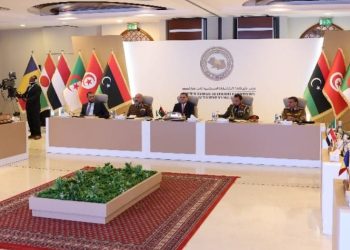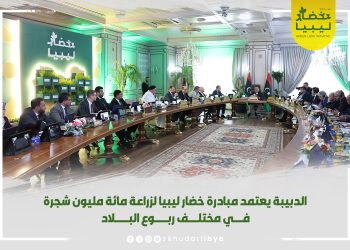By Libya Herald staff.
Tripoli, 26 November:
In the spirit of inclusive discussion, Lawyers for Justice in Libya (LFJL) has launched a two-week . . .[restrict]online constitutional discussion of the Constitutional Drafting Assembly’s (CDA) published draft of key elements of Libya’s future constitution. While the LFJL generally welcomes the sections released so far, it called for broader protections for potentially marginalised groups.
Protections for at risk groups such as women, persons with disabilities and minority communities are currently restricted to specific protections, the LFJL said. The constitution must ensure that these groups’ interests are not limited to specific protections but are protected by all of the rights and guarantees established in the constitution, ensuring that the constitution is not left to political interpretation, which may attempt to exclude, limit or discriminate against the enjoyment of these rights by various segments of Libyan society.
The draft contains a number of detailed limitations, the LFJL also pointed out. A constitution should grant a set framework of rights, and should establish these in the broadest, least restrictive terms so that the constitution can function effectively. Rights should be minimally limited, and such limitations do not belong in a constitution, but should be the subject of secondary legislation by an elected legislature, the group went on to say.
“The limitations of the right to freedom of expression and freedom of association, including the regulation of civil society, are of particular concern,” the LFJL explained.
Nevertheless, the LFJL has said that it was encouraged by much of the work that the CDA had presented thus far, noting that the texts included a “wide range” of protections of human rights, including protections of economic and social rights, the over-arching right to human dignity, and provisions for equality between men and women, as well as protections in relation to environmental rights.
At this stage in the drafting process, however, the LFJL is calling for a public discourse, which it believes to be an integral part of the making of a constitution.
“All Libyans are entitled to, and must have, their voices heard during the constitution building process in order for the CDA to create a constitution that truly represents the interests of the whole population as well as creating a culture of accountable and transparent institutions,” the LFJL explained.
Therefore, the LFJL has launched two weeks of constitutional discussion, including the posting of short blogs from expert contributors Professor Tom Ginsburg, co-director of the Comparative Constitutions, and Sumit Bisarya, Senior Project Manager of the Constitution-Building Processes at International IDEA. The LFJL will also share its own findings to continue the debate.
Readers are invited to send their thoughts about the CDA’s draft to the LFJL, as well as their constitutional questions for a panel of experts to answer from 1-7 January 2015.
LFJL is an independent non-governmental organisation dedicated to the promotion of human rights by defending justice and promoting the rule of law in Libya. The group says it welcomes constitutional questions by email at [email protected]. [/restrict]









